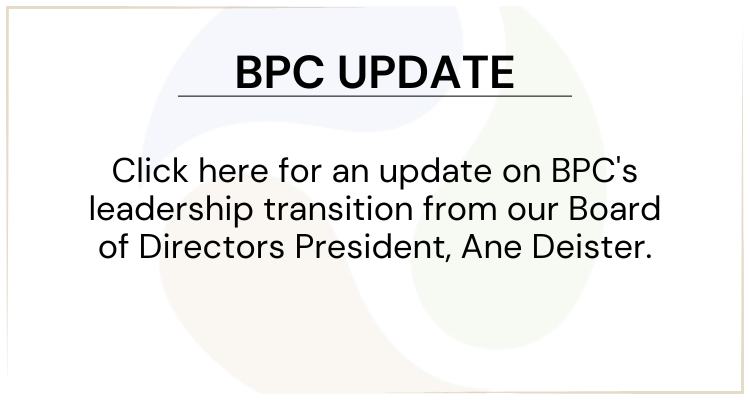ACWA’s Board of Directors approved guidelines for modifying the 2014 water bond and adopted policy principles on managing California’s headwaters at a meeting last week in Sacramento.
The ACWA Board, already on record in support of the $11.14 billion water bond currently set for the November 2014 ballot, reconvened the California Water Finance Task Force this year to explore options for improving the viability of the bond and to identify potential alternative strategies for financing infrastructure and projects. The task force includes a diverse cross-section of ACWA members representing urban and agricultural agencies around the state. The ACWA Board of Directors discussed the task force’s recommendations last week and will consider more specific recommendations at a meeting in late May.
“ACWA strongly believes that public funding through a water bond is an appropriate way to finance the public benefits of investing in our water system. We recognize, however, that significant changes, including reducing the overall size of the existing bond and addressing the perception that the bond contains too much “pork”, will be required to secure the passage of a water bond in 2014,” ACWA Executive Director Timothy Quinn said. “As a statewide organization, ACWA intends to help shape these changes so we can advance solutions that work for our members and their ratepayers throughout the state.”
The ACWA Board acknowledged that the bond will need to be downsized and voiced support for several guidelines for potential changes to the current bond including:
- Avoiding “earmarks” that allocate funds for specific projects without a competitive process;
- Continuing to use general obligation bond funds for statewide public benefits;
- Rejecting statewide fees on water to pay for statewide public benefits;
- Protecting bond funding for the public benefits of water storage projects, ecosystem restoration beyond mitigation obligations, and some local resource development projects, including those in disadvantaged communities; and
- Recognizing that the best prospect for reducing the overall size of the water bond lies in replacing use of some general obligation bond funds for local resource development with viable regional funding mechanisms where money is raised and spent locally without having to be cycled through the state government.
ACWA will continue to play a leadership role in water bond and water financing discussions in the coming months.
In other action, the Board approved a set of policy principles for improved management of California’s headwaters. The principles note that headwaters – including those in the Cascades, the Sierra Nevada, coastal ranges, mountain foothills and numerous ranges in the San Bernardino and Cleveland national forests, are critical to the state but could contribute even more if they were better managed.
“Ultimately, managing California’s headwaters is integral to optimizing the water supplies that nature provides. Increasing water yield and quality; reducing the risk and impacts of catastrophic wildfire; and enhancing natural features and functions; are all benefits to be derived, locally and statewide, from improved headwaters stewardship,” the principles document states. “Enhancing the resiliency and adaptability of headwaters is overdue.”
The document lays out principles in areas such as improved planning, coordination and implementation; managing headwaters’ resources; research; and financing headwaters improvements.
The principles were developed by a work group headed by ACWA Region 3 Chair Bob Dean, a member of the Calaveras County Water District Board of Directors, and Cathy Pieroni, principal water resources specialist for the City of San Diego Public Utilities Department.
The working group intends to use the principles as the foundation for the development of a headwaters framework document later this year.
The principles will be available soon at www.acwa.com.


